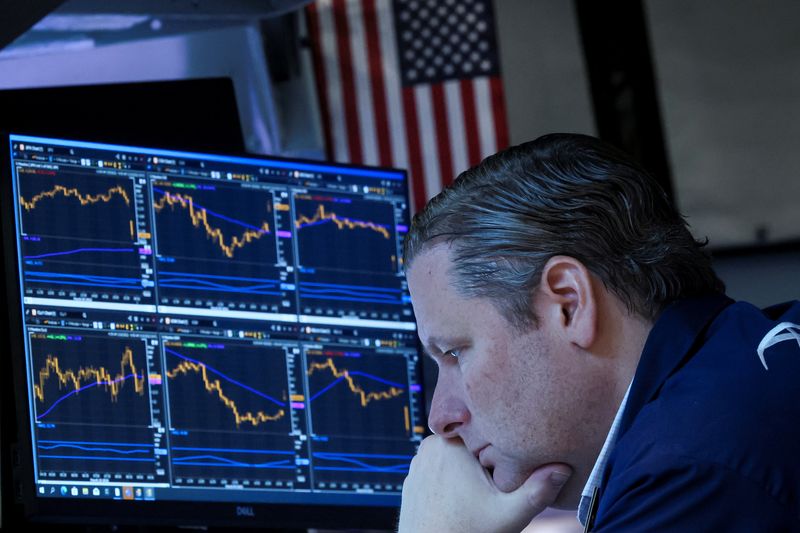Investing.com -- Hedge funds are no longer buying dips ahead of macroeconomic catalysts, Barclays (LON:BARC) strategists revealed in a recent note.
They note that while there was some re-grossing in the equity markets last month, discretionary exposure to equities has not returned to the highs seen before the de-risking period in August. Long-only funds have started to rebuild their positions, yet their equity exposure remains close to the lows of 2020-2021.
Meanwhile, global macro and multi-strategy hedge funds were buyers during the summer risk-off period “but have taken a breather since then,” the note states.
“Near-term risks including seasonality (historically the SPX tends to experience larger drawdowns in September/October) and uncertainty around US elections seem to be keeping investors on the sidelines,” it adds.
According to Barclays, equity positioning does not appear overly extended, and there is potential for equities to become more attractive towards the end of the year, particularly after the uncertainty of the U.S. elections is resolved.
The firm points out that despite equities reaching new highs, the macroeconomic and earnings fundamentals continue to be supportive. There is a growing expectation of a 'Goldilocks' soft landing scenario, bolstered by strong U.S. macroeconomic and labor data, easing inflation, and the Federal Reserve’s aggressive 50 basis point rate cut.
The U.S. job market showed strength in September, with nonfarm payrolls rising by 254,000, well above expectations of 150,000 and up from a revised 159,000 in August, easing investor concerns about the health of the economy. The unemployment rate dropped slightly to 4.1%, signaling a robust employment environment.
In contrast to equities, long bond positioning seems quite extended, indicating that bond investors remain skeptical about the economic outlook.
Elsewhere, the policy divergence between the Bank of Japan and the Federal Reserve has led speculative investors to become increasingly bullish on the Japanese yen.
